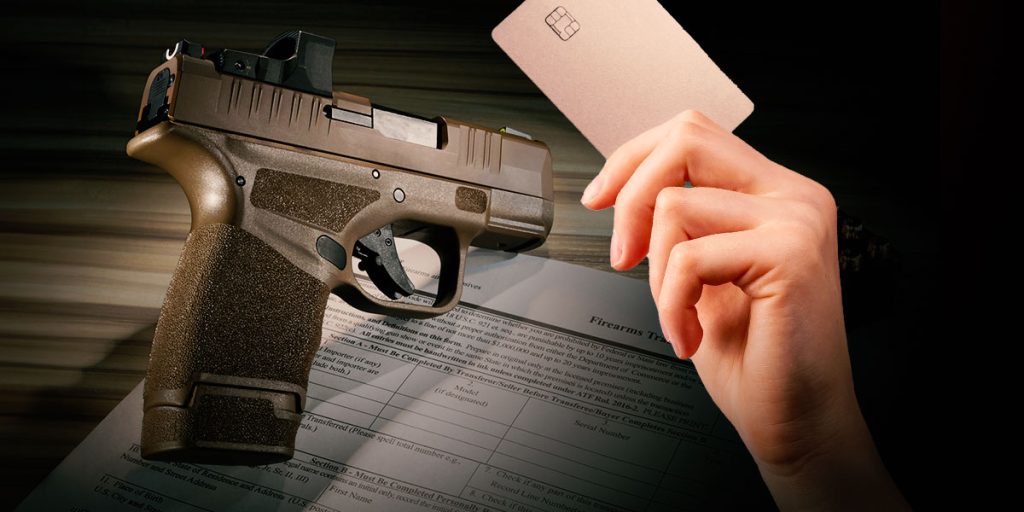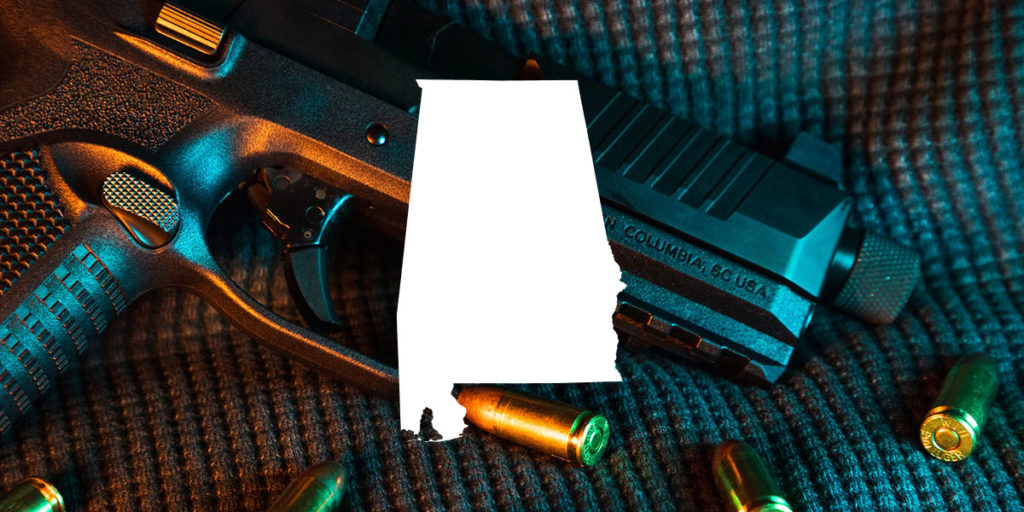
MONTGOMERY, Ala. — The Alabama Supreme Court Friday shot down as unconstitutionally vague a state law banning the open carrying of a firearm on someone else’s property due to it lacking a punishment clause.
The ruling centered around the case of Jason Dean Tulley, a 38-year-old Jacksonville, Alabama resident who open carried his pistol in the First Educators Credit Union on March 31, 2011. An off-duty law enforcement officer acting as a security guard ordered Tulley to leave the premises and put the gun in his car. Tulley at first argued he was within his rights, but ultimately complied.
The charges came days later.
“This is definitely a victory for gun rights advocates,” said J.D. Lloyd, one of Tulley’s appellate lawyers. “More importantly, it’s a victory for folks who believe in Due Process and don’t want to see the Legislature passing vague criminal statutes.”
Tulley’s initial trial was in the City of Jacksonville Municipal Court, where he was convicted of violating Alabama state law 13A-11-52, which prohibits “carrying a pistol on premises not one’s own or under his control.”
In 2013 the Alabama Legislature updated the law to continue, “unless the person possesses a valid concealed weapon permit or the person has the consent of the owner or legal possessor of the premises.”
This revisions, as well as some in the 1940s, omitted any punishment to the crime it described, so Tulley’s lawyers argued it was therefore unconstitutionally vague, and in a 5-3 decision, the Alabama Supreme Court agreed.
“A person facing criminal prosecution has a fundamental right to know what the consequences are of their criminal conduct,” another of Tulley’s attorneys, Joe Basgier told AL.com in an email. “In this case, my client was convicted of what the trial court called a violation, but which was based on a state criminal statute lacking even a mention of the criminal penalties. The end result is that 13A-11-52 is not a ‘crime,’ and can not be prosecuted as such.”
Lloyd added that in order to criminalize violation of the law, the Alabama Legislature would have to go back and “fix” it.
Tulley told supporters in the Facebook group “BamaCarry” that the City of Jacksonville’s “attack” on his family has cost him $20,000 in court fees and lawyers.
Like this article? Hate it? Follow me and let me know how you feel on Twitter!
— Elizabeth BeShears (@LizEBeesh) January 21, 2015












